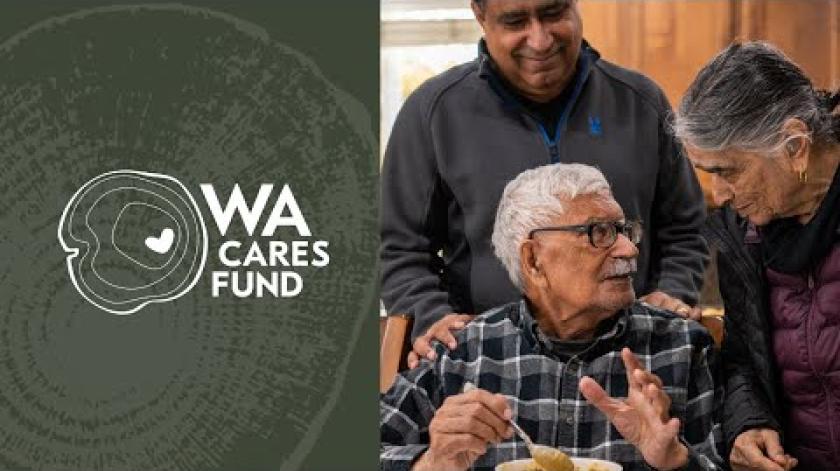30 years ago, Arun’s parents moved into his home, which he shares with his wife and kids. His father is now 90, has dementia and needs to be supervised closely. Arun and his wife do much of the caregiving, but because they both have full-time jobs, they also rely on Arun’s sister and brother-in-law for help.
Arun says it’s extremely common for the adult children in South Asian families to care for their aging parents and that multigenerational households are the standard.
Long-term care can mean different things in different cultures, Arun explains. “One of the reasons I wanted to share my experience is that, in most of our minority communities, there are multiple generations of families living in one household,” he says. “It takes a lot of emotional strength to be a caregiver.”
In a household where family caregiving is built in, it’s important that everyone, not just those who are directly receiving the care, gets the support they need. Arun says that being an in-home caregiver affects everyone in the family and people don’t always think about the support caregivers need.
“WA Cares will provide a majority of people peace of mind, for when you need some time off to take care of yourself while taking care of the family,” he says.
A program like WA Cares would help families like Arun’s secure that peace of mind. It would also help Washington residents like Arun’s parents, whose first language isn’t English and who need extra assistance to navigate the complicated health and long-term care systems.
"People who are in minority and non-mainstream cultures don’t always know how to ask for help, and it’s difficult for them to navigate health care systems,” Arun says. But with WA Cares, “they should feel comfortable that when they need it, it’s out there and available. And it’s easy to go ask for help.”
Back to all care stories